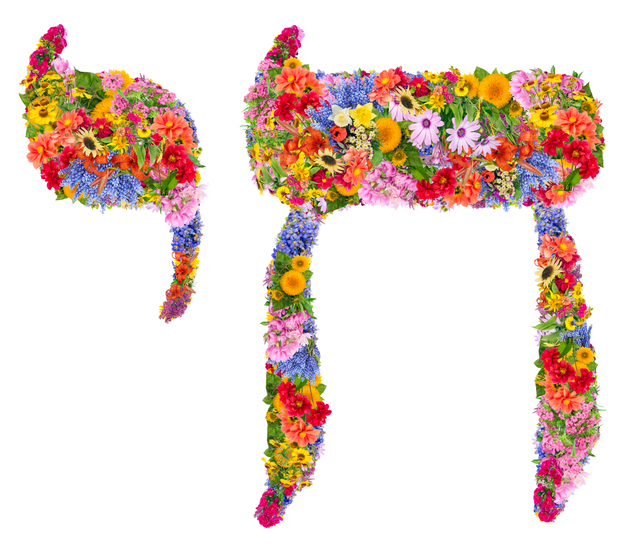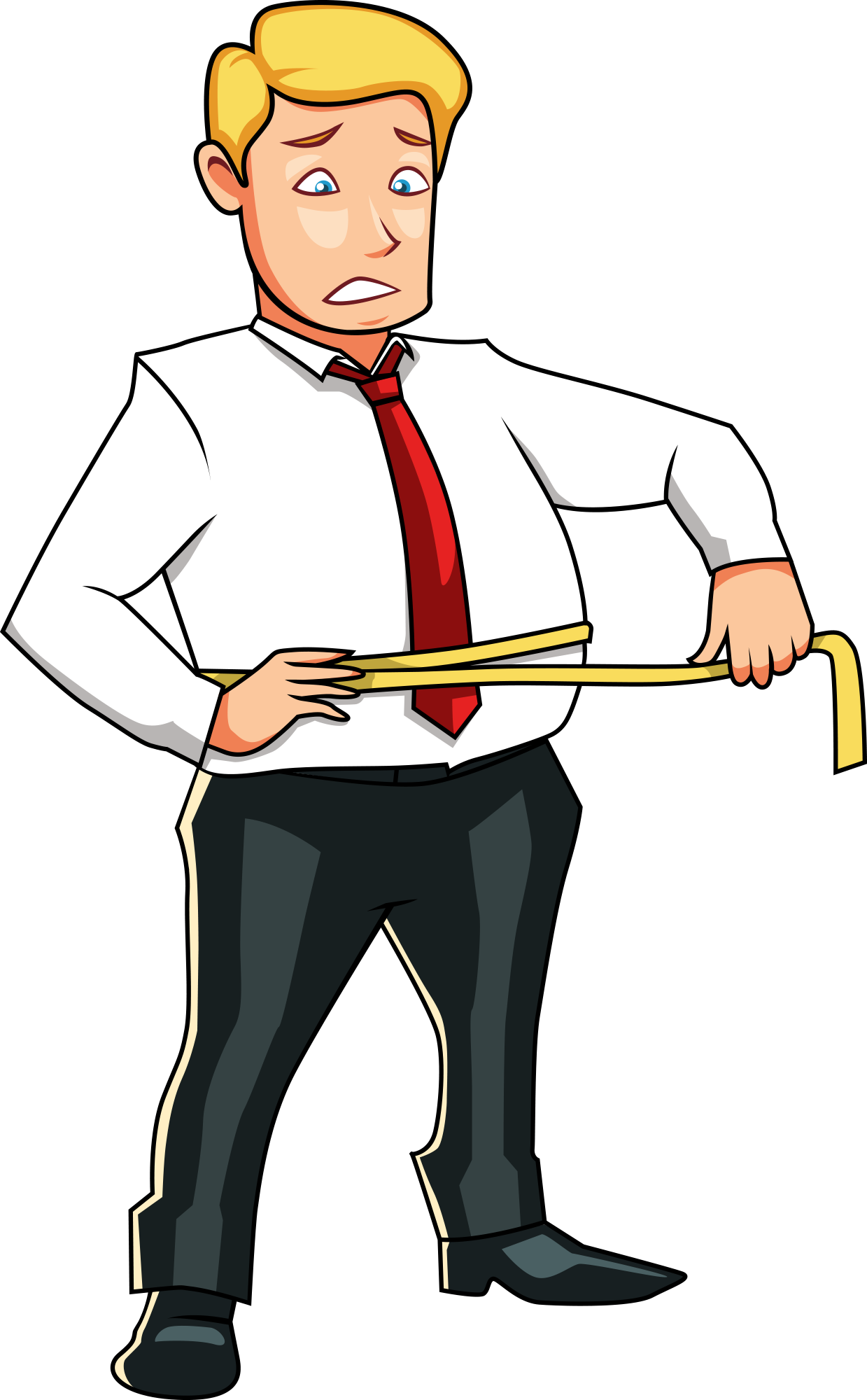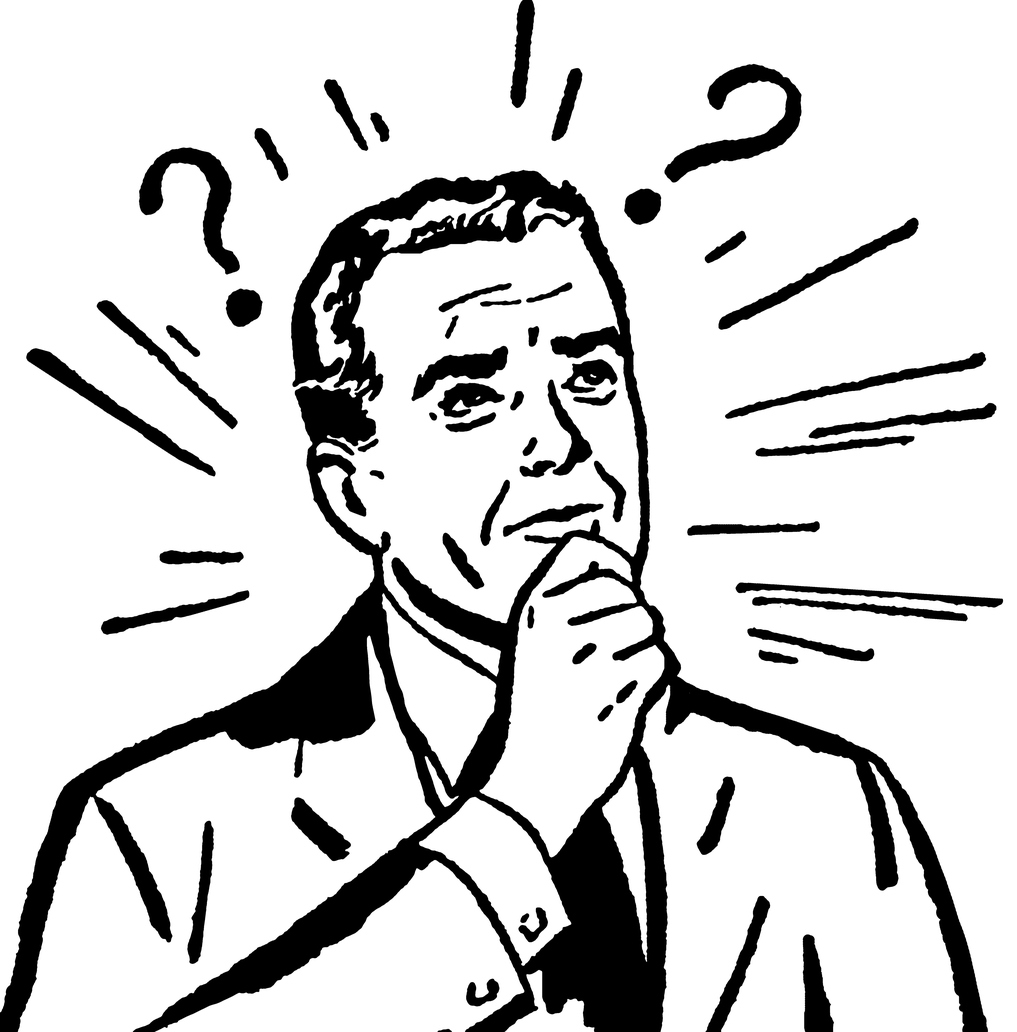
In just a few short hours, the final moments of the Jewish Days of Awe will commence. Our people of the Torah will catalogue our woes like we sort our socks into piles and populate spreadsheets with our monthly and yearly expenditures. The time to reflect and repent is nigh; there is no turning away as the gates close, the gates close.
How do I construct and deconstruct all that I have experienced both good and bad? How do I assess what I have transmitted to and quarantined from the world as I inhaled and exhaled in a year like no other? How can I be more than I was when I am at a loss for who I once was?
Three weeks ago, my mother died. What was once there at the end of that life-affirming umbilical cord or that telephone line of daily calls was gone with a single, last breath. As Paul Simon so eloquently put it: “No, I would not give you false hope/On this strange and mournful day/But the mother and child reunion/Is only a motion away.”
How do I take stock and do my annual accounting when I am left depleted by pandemic and deep in personal anguish?
My mother was both a boundless source of laughter and love, with fearless, frantic resolve and deep, debilitating fears. I was often confidant to everything she felt: happiness, pain, every trial and tribulation. Her catalogue of joy and woes was often mine to bear. In many ways, even as she lifted me up and tried to lighten my load, she hardened me so as to protect her against all the slights and strife life had sent her way.
So at this very moment, how do I let go of what was done to her while I atone for what I may have done to others?
I would desperately like to forgive those who those who wronged her; those who now want to celebrate her life while over a course of a lifetime chipped away at her days, years, decades. I know she would tell me to “let it go” as she slumbers toward her eternal sleep; yet, how do you free yourself when you’ve been steeled to protect the deep box of woes that grounded her?
I know this is the time: a new year to begin the slow, arduous road to spiritual healing in the physical fast of sundown to sundown. To begin as I sit in my new synagogue-ready sweatpants watching a biblical Zoom service constructed for these modern times of six feet apart or six feet under. To hit the pause button and start reviewing what has been, what is now and what may yet come to be.
And I will pray.
I will pray not only for the souls of my mother and father, grandparents and dear friends, but also for Breonna Taylor, George Floyd and the millions of black lives that matter. Those who are gone may not know the sweetness of the new year, but they will know salvation and vindication from the passionate voices that rise from our streets. I will join those collected voices for systemic change.
I will pray for Governor DeSantis to see the error of his unscientific ways, which kept me ultimately from being by my mother’s side as she took her last breath in hospice. One of my mom’s dying wishes was for me to get her a mail-in ballot so she could help change the current course of division and hate. The ballot didn’t arrive in time but she can rest in peace knowing her youngest granddaughters will carry her wishes forward, and vote. They will effect real change in a time of fake political leadership.
I will pray for the loss of my mother but also for Mother Earth. In our collective synagogue recitation of Unetanneh Tokef, we chant about life lost to “water and fire, famine and thirst.” This year, we are deep into Greek-named hurricanes and ash that blankets the sky. I will cast my own carbon sins in the rising waters of climate change, and work diligently for a world teetering on a razor’s edge.
I will pray that the words spoken by Ronald Reagan during his farewell address, “For we now consider that we shall be as a city upon a hill. The eyes of the people are upon us,” will not be buried in prophetical pronouncements of those who use faith as a weapon to destroy. This new year, liberals like my mom and I must fight against the illiberal thoughts of those who are illegally trying to steal an election and end this democratic experience called America. Change will come at the ballot box. Acceptance of dreamers, immigrants and the marginalized will come at the ballot box. The wishes of my mother will come at ballot box.
“The eyes of the people are upon us.”
On Monday night, as I dine on the tradition of lox and other salty smoked fish, I know it will mix with the salty tears of grief and loss. My mother is gone. There is no bringing her back for conversation or contemplation. The pains and tumult of her hard, loved-filled life embedded in a son’s heart will hopefully be silenced and soon forgotten as the shofar rings out across the land.
But as the sadness subsides ebbs like waves across the sand, I know her deep, unwavering belief in the goodness of people, that better days always lie ahead, will grow stronger and more resonant within me. As Jews, we believe in Tikkun Olam, repairing the world. This new year, let time stitch together a better me, a better you, a better world.





